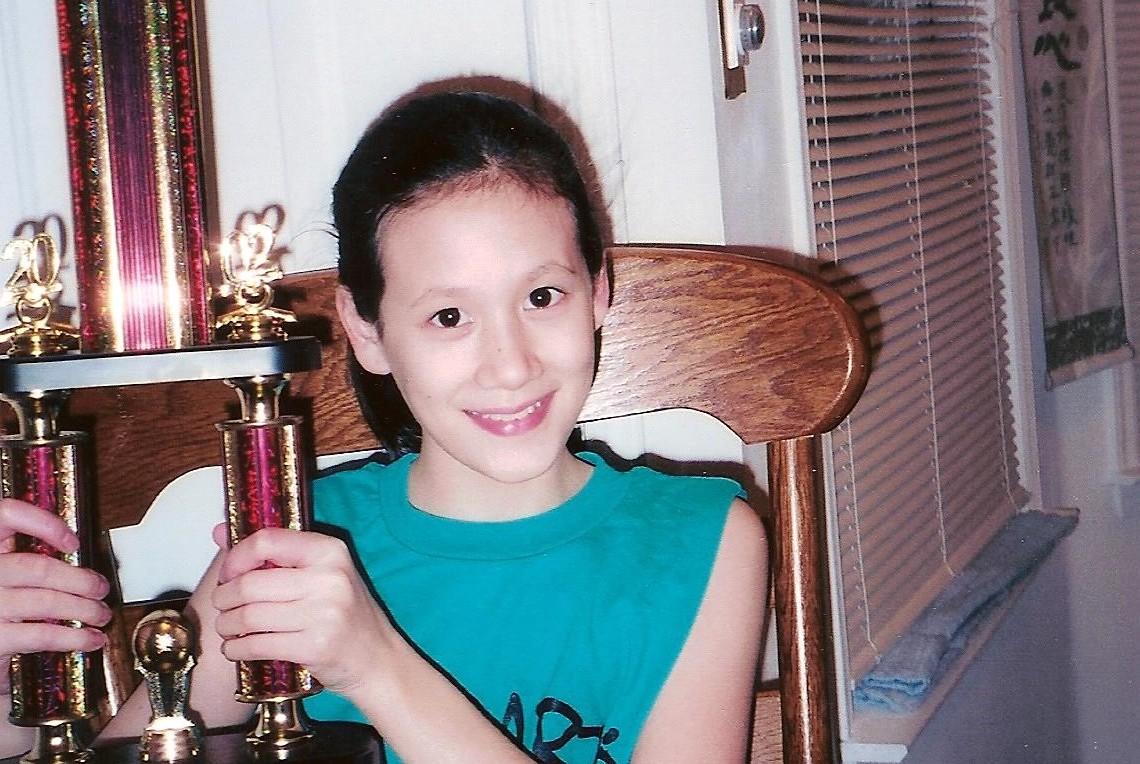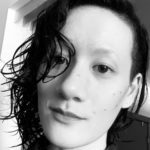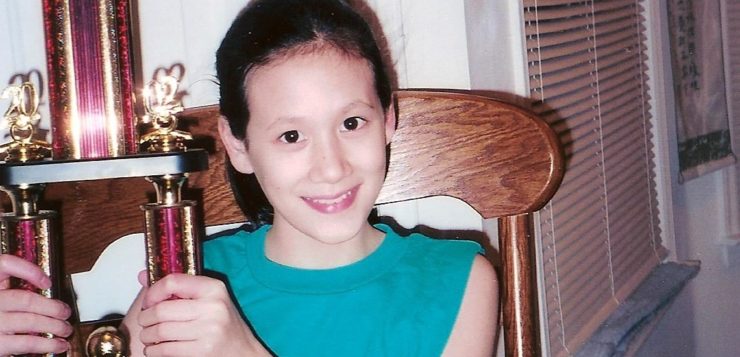
IF GENDER had a tagline, it would be “Gender: Paradoxes Abound.” Every day, we make countless assumptions based on gender expectations and societal norms. Sex assigned at birth and gender are often conflated and/or repurposed to fit institutional check-the-box guidelines. Gender—the abstraction, the perceived reality—is a chimera. Like most other words acting as a placeholder for an abstract concept, it is ever shifting and always context-dependent, even if it’s relegated to a box to be checked on a form.
We’ve gotten less restrictive lately, thanks to activists and antidiscrimination policies, and thanks also to the dissemination of intersectional training, often featuring educational resources such as the “gender unicorn” or “gender bread” person. But even with all that knowledge, we must constantly unlearn the restrictive, prescriptive understandings of gender. And in real time, during present interactions, referring to a gender-inclusive cheat sheet before responding is usually a thankless endeavor.
As someone who has generally done well in school, I’ve avoided delving into my own opinions by hiding behind dictionaries, literature reviews, scholarly articles, and interdisciplinary books. There was always a “right” answer because some expert with the “right” credentials had already published substantiated studies on the subject at hand. And as a Taiwanese American taught from babyhood to defer to elders and scholars, I spent my BA and MA years repressing my own voice and situating my own stories beneath others.
Since leaving my twenties behind, I’ve also moved away from self-erasure as default. Through my childhood and teen years, I had many feelings related to sexual and gender identity and expression. I just didn’t have the tools to verbalize these feelings, to identify and then confide in an open-minded, encouraging adult. In hindsight, I’ve always known I was different, besides being mixed race. Even as late as my elementary-school adoration and awe of the Sailor Guardians on Sailor Moon, I’ve known, without knowing the words, that I am queer and genderqueer.
So I now ask myself: What is gender? What is queerness? What is genderqueerness?
Breaking from old patterns, old neural grooves, takes time and effort. For most of my life, I used books as a shelter and a shield. I always searched for more words, for better words—to hide behind, to grapple with, to explain feelings I had trouble sorting. If I could only find the matching words, the magic ones that described and solidified wisps of ineffable feelings. There’s an expert or academic somewhere, I’d thought, whose work I needed to find so I could reconcile my many conflicting selves.
If only identity quests were that simple. You can read all the books you want, study all the research and theories you want, and get all the therapy you want. You can possess all the external knowledge you want or think you need, but only you can integrate these parts to create a whole self. And guess what? That integration process is hard and takes time.
I’m not trying to be maudlin or to serve a cheesy platter of “love thyself” maxims. I’m saying that the work of self-definition is ongoing, messy, and so far from linear that it’s more like a shape-shifting corkscrew.
I didn’t want to write this. I’m a fairly private person. My social media accounts center on my writing efforts. I partly write fiction for self-separation purposes. But now I feel compelled to write my truths. I’m too tired to do otherwise.
So here goes: After months of thinking (waffling), I’m legally changing my name. Even though my timing is off, with my indie publisher having released my sophomore novel in October 2021. Even with all my previous writing, my prior email addresses and digital footprints tied to my deadnames. Even with the fear and awareness that there are people in my life who will be upset by or unhappy about this change. But I’m still completing the process. There is a benefit to being comprehensively tired: you can no longer hide from your deep-down knowledge of yourself. And to stay afloat day to day, this also means surrendering to your self-fulfilling truths, sharing them as only you can find fitting.
So, to quote the blog templates: “Hello world!” My name is Ren. I use they/them/their pronouns. These are not my “preferred” pronouns; these are my pronouns. I’m Taiwanese-American, queer, and genderqueer. I grew up in a suburban town in central New Jersey. I regret that I’m a Chinese school dropout. During elementary school, I played basketball for a few years before quitting to pursue competitive dance. I wish I were better at STEM, but my love for the arts overpowers that wish. I’ve studied English literature and creative writing, and I’m forever a student at heart. I realized my queerness at 25 and came out a year later. During a doctoral program that I left, I came out as genderqueer. I write and rewrite and persistently revise. I listen to too many podcasts. I want to find more time to read. I believe in the self-opening understandings that talk therapy helped me to unlock.
And it’s nice to meet you, whoever you are, however you identify, wherever you are on your path to becoming your most fulfilled self.
 Ren Iris (pronouns they/them/theirs) was raised in New Jersey by a Taiwanese mother and a white father. They hold a BA in English from Rutgers University and an MA in Creative Writing from Newcastle University in the UK. Whasian (Harken Media, 2015) was their debut novel. Iris’s second novel, The Balance Tips, was released in October 2021 (Interlude Press). Their writing has been featured in The Shanghai Literary Review, The Black Scholar, and Side B Magazine.
Ren Iris (pronouns they/them/theirs) was raised in New Jersey by a Taiwanese mother and a white father. They hold a BA in English from Rutgers University and an MA in Creative Writing from Newcastle University in the UK. Whasian (Harken Media, 2015) was their debut novel. Iris’s second novel, The Balance Tips, was released in October 2021 (Interlude Press). Their writing has been featured in The Shanghai Literary Review, The Black Scholar, and Side B Magazine.






